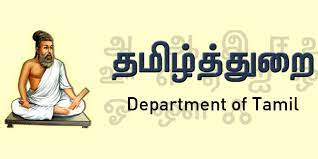Alumni of the department have made substantial contributions to academia, government service, and law enforcement, reflecting the comprehensive education and preparation provided by the department.
The sentiment expressed by alumni, considering the department as their temple, underscores the profound impact the institution has had on their lives, especially those from economically challenged backgrounds.
Moreover, beyond its role in shaping leaders in education, politics, media, and academia, our department has nurtured remarkable careers in civil service and law enforcement. Several alumni have achieved recognition and success in these domains, a testament to the comprehensive education and preparation our department provides, enabling our graduates to excel across diverse professional landscapes.

